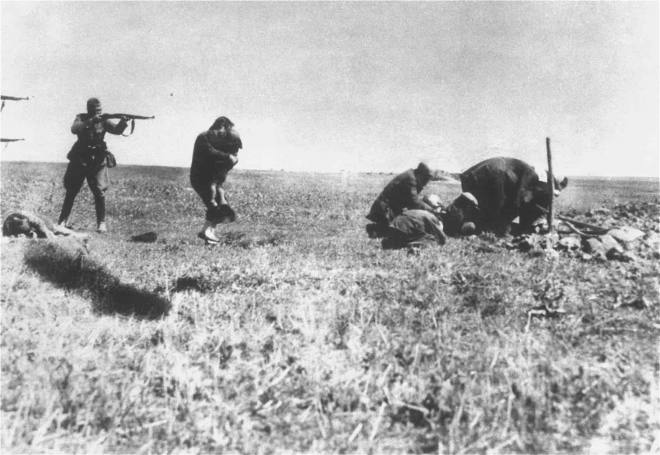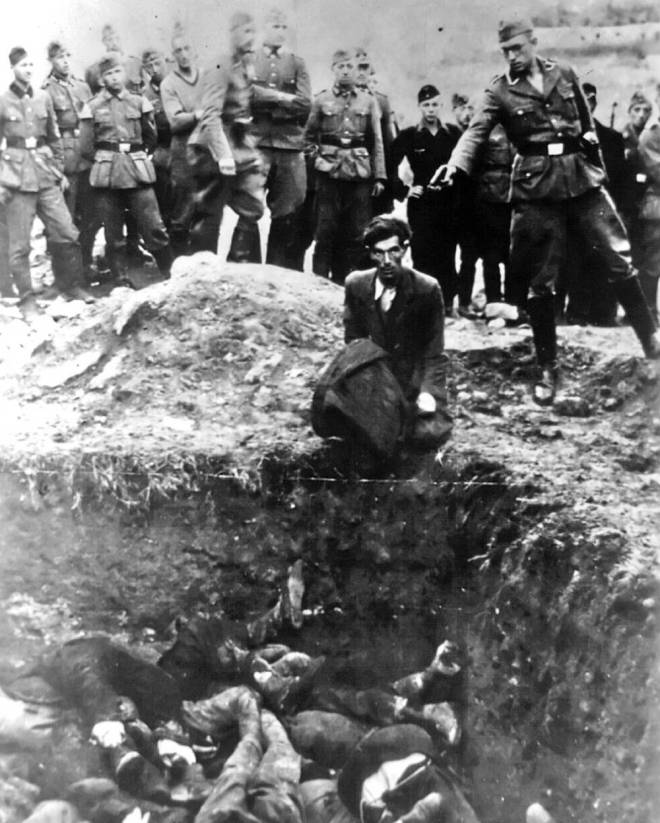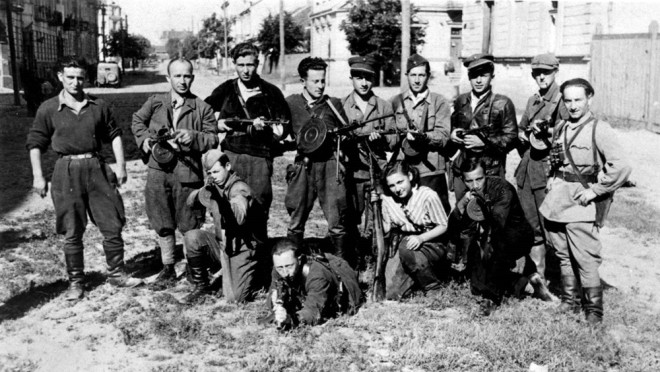This was my submission to the Chakrabarti Inquiry:
As a concerned Jew I am writing to ask for your response to the following two questions about the Inquiry into the Labour Party which you will shortly be chairing:
- Can you confirm that you will not be applying double standards by on the one hand dismissing the European Union Agency for Fundamental Rights (FRA) and Pickles governmental definitions of antisemitism, and on the other hand giving weight to accusations of Islamophobia made against those who merely wish to protest the incitement of violence?
- Can you confirm that you will not be perversely standing Macpherson on its head by accepting the testimony of those Jews who categorise such statements as “the creation of Israel as a Jewish State was a crime” and “Jews of all people should have learnt from the Holocaust to turn the other cheek ” as fair comment, and not the antisemitism that they are?
The following excerpts from the Inquiry prove that the response to my concerns is a resounding “No!”
[page 4]: “… it is incredibly important that whilst individual testimonies are acknowledged, universal principles are then applied. So for example Islamophobia, antisemitism and Afriphobia are all equally vile forms of racism.”
This was meant to be an inquiry into antisemitism. Islamophobia and hatred of people of African descent are serious problems, but of different origin and merit different treatment in a separate inquiry
[page 6]: “ In 1987 Diane Abbott, Paul Boateng, Bernie Grant and Keith Vaz were elected to the House of Commons..”
All four of those MPs are egregious in their attacks on Israel. It is an insult to Jews for their names to be included in this inquiry.
“ The Iraq War (to be discussed in the long-awaited report of another inquiry), as well as stop and search without suspicion, punishment without charge or trial and the domestic extremism agenda left many British Muslims feeling suspect and alienated in their natural political home.”
The Iraq war was against the regime of Saddam Hussein which rained Scud missiles down on Israel. How on earth is this comment helpful to an inquiry into antisemitism?
[page 14]: “I am in no way suggesting that bad taste metaphors and comparisons should ever be a matter for the criminal law any more than say ill-judged and incendiary cartoons. I am told that they are frequently used in Israel. However, they are all too capable, not only of bringing the Labour Party into disrepute, but of actively undermining the cause of peace, justice and statehood for the Palestinian people which forms part of Labour’s current “two-state” foreign policy and which so many Jewish people (including in the Labour Party) actively support.”
This paragraph implies that insults used by Jew against Jew are fine for Gentiles to use against Jews. It also implies that the only Jews whose opinion is worth taking into consideration are those who support a Palestinian state.
[page 15]: “Crucially, I have heard testimony and heard for myself first-hand, the way in which the word “Zionist” has been used personally, abusively or as a euphemism for “Jew”, even in relation to some people with no stated position or even a critical position on the historic formation or development of modern Israel. This has clearly happened so often over a number of years as to raise some alarm bells in Jewish communities, including amongst highly orthodox people who, whilst perhaps most “visibly Jewish” (e.g. in dress and or observance), would never see themselves as Zionists.”
“A further complexity comes from left-wing British Jewry, including, but not exclusively, young people becoming increasingly critical of, and disenchanted with Israeli Government policy in relation to settlements in the West Bank and the bombardment of Gaza in particular. This has led to some people personally redefining their Zionism in ways that appear to grant less support to the State of Israel and more solidarity to fellow Jewish people the world over.”
This clearly references Neturei Karta, Jews for Justice for Palestinians and their ilk. So these two tiny minorities are to be given as much weight when considering antisemitism as the vast majority of Jews who support Israel?
“ But surely it is better to use the modern universal language of human rights, be it of dispossession, discrimination, segregation, occupation or persecution and to leave Hitler, the Nazis and the Holocaust out of it?”
This language is not universal but “When did you stop beating your wife?” It takes as a given that the Palestinian Arabs are dispossessed, discriminated, segregated, occupatied and persecuted.
[page 16]: “What I cannot do is legislate for which causes activists within the Party spend their time and energies ,or require that people only highlight issues relating to one country or government if they spend equal time on infractions or injustices elsewhere. No doubt my many years as a domestic human rights campaigner may have led some people (not least in past Labour Governments) to question my preoccupation with abuses by the British State when there was so much worse in North Korea, Saudi Arabia, Syria, Russia and elsewhere. No doubt some people suspected my motives or my loyalty to Britain. In truth it was my background, experience and a view that Britain should lead the world that informed my choice of activism.”
This is itself the antisemitic accusation of ‘whataboutery’ and comes straight out of the PSC playbook.
“ It is especially pernicious, in my view, to blame those who share platforms with people who went on (often some considerable time later) to say and do things with which we profoundly disagree and even abhor.”
“Sharing a platform or having a meeting around some kind of problem or injustice never has meant, does not and never will mean, sharing any or all of the views (past, present or future) of everyone in the room. It is instead the business of peace-building and of the promotion of fundamental human rights.”
Far from being pernicious, this is shining a spotlight on a disingenuous protestation, here shamelessly repeated.
[page 19]: “Some care should also be taken to identify and record the identity of complainants. This would allow and facilitate genuine sensitive communication and “aftercare” in relation e.g. to a Labour Party member who has been targeted or upset unpleasantly by a fellow member. However, it would also create an important distinction between such a complainant and a hostile journalist or political rival conducting a trawling exercise or fishing expedition in relation to a particular person or group of people within the Labour Party. I am not going so far to say that a politically motivated complaint should always be disregarded, just that motivation may have relevance, as will context. I also recognise that the Party’s elected structures (Leader, the NEC etc.) should be able to raise concerns of their own volition about a member in danger of bringing the Party into disrepute. However, if an investigation arises via this route, that should be also clearly recorded. Further, subjects of complaint should normally be informed both of its substance and author at the earliest opportunity unless there is a clear and pressing reason for protecting the identity of a complainant.”
“Submissions to my Inquiry reveal a level of concern and confusion (in some quarters) about the “Macpherson” definition of a racist incident. This is of course a reference to the famous Report of 1999 into the Metropolitan Police after its appalling mishandling of Stephen Lawrence’s murder. The principle that an incident should be recorded as “racist” when perceived that way by a victim may indeed have some useful application outside the policing context, and even here in the world of Labour Party discipline. However the purpose of the approach is to ensure that investigators handle a complaint with particular sensitivity towards the victim. It is to suggest the seriousness with which a complaint must be handled, but in no way to determine its outcome. If I complain to the police that I have been the victim of a racist attack on the street, I should expect my complaint to be so recorded. However investigation and due process must of course then follow and it is perfectly possible that an investigator, prosecutor or magistrate will subsequently find either that no attack took place at all, or that its motivation was something other than racism. In the present context, my complaint that I have been subject to racist or other personal abuse by a fellow Party Member should be so recorded, taken seriously and handled sensitively. However it will be for the investigation and any subsequent process to determine whether my complaint was ultimately well-founded.”
I am reminded of George Colman’s famous phrase: “Love and a cottage! Eh, Fanny! Ah, give me indifference and a coach and six!” Here, ladies and gentlemen, is Ms. Chakrabarti caught in the act of driving that indifferent coach and six through the spirit of the Macpherson Report. Macpherson clearly concluded that the accusation of prejudice is indeed in the gift of the victim: it is not for authority, and above all not for the perpetrator, to decide.
[page 27]: “I explained earlier why the trigger of antisemitism notwithstanding ,I believed that it was right that my terms of reference embrace all forms of racism. I also explained that it is not enough to avoid being clearly, expressly or deliberately racist in the Labour Party if anyone feels excluded from their instinctive political home. That is why the idea of ensuring “Labour is a welcoming environment for members of all communities “constitutes the fundamental underpinning of my task. The journey of this Inquiry has reinforced the importance of this, not just in principle, but sadly in practice as well.”
“ I believe it right, natural and wholly positive for the Labour Movement, that so many new-comers to Britain, their children and grandchildren have gravitated to the party of social justice since its origins and inception. There is nothing inherently suspect about this tendency, and it should be welcomed and positively encouraged by all in the Party.”
Having had the chutzpah to trample Macpherson underfoot, Ms. Chakrabarti compounds it by arrogating to herself the decision as to who is fit to join the Labour Movement. You do not have to be a social justice warrior to support Labour. If they expel the Blairite New Labour Centrists for good, then Labour will never again have the chance to form a government.
 Murder of Jews in Ivangorod 1942
Murder of Jews in Ivangorod 1942 The last Jew in Vinnitsa shot at edge of pit 1941
The last Jew in Vinnitsa shot at edge of pit 1941 Partisan Brigade of Abba Kovner & Benjamin Levin at Vilna Liberation 1944
Partisan Brigade of Abba Kovner & Benjamin Levin at Vilna Liberation 1944
